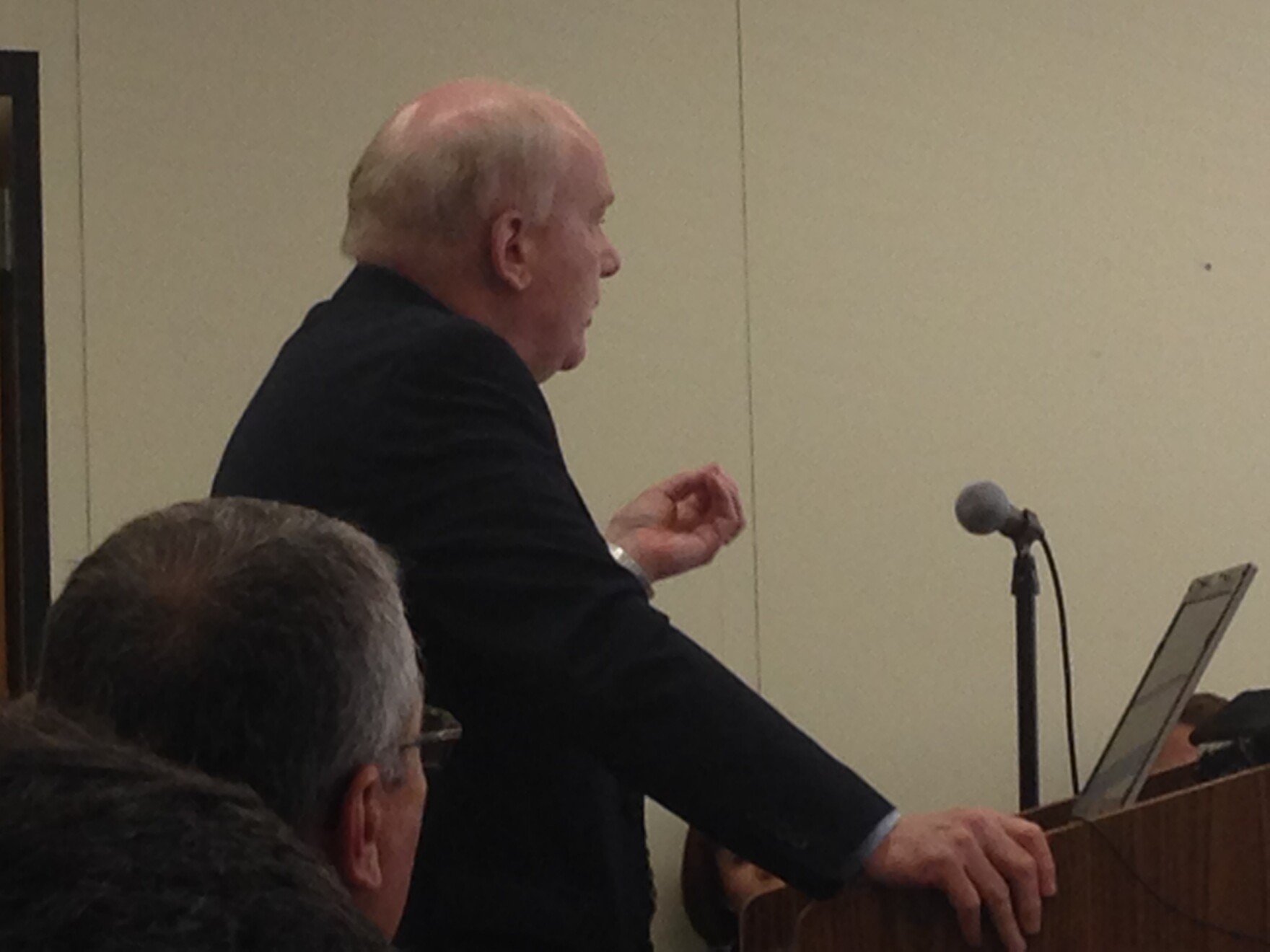Community and technical colleges have started noticing a trend that’s consistent not just here in West Virginia, but across the country.
That trend: students who are enrolled in developmental courses when they enter a higher education institution are less likely to graduate.
“Thirteen percent of the students that go into developmental or remedial courses graduate, only 13 percent,” Chancellor of West Virginia’s CTC system James Skidmore told members of the state Board of Education during their May meeting.
Skidmore said 64 percent of first time community college students in the state test into developmental or remedial courses, meaning they aren’t ready to take on college level classes in English or math.
“What’s happening, they’re getting caught up in the developmental education process,” he said. “Some students have to take three levels of developmental, some students have to take one, some have to take two.”
“I refer to it as the quicksand of higher education. Students get in developmental and they never get out.”
Complete College America statistics show similar numbers nationally and the organization, of which West Virginia is a part, has come up with a method to reduce those numbers. Skidmore said West Virginia is looking to take that approach.
Instead of taking remediation courses which do not count for college credit, West Virginia community colleges will begin offering co-requisites. These are courses that count as a college level English or math class, but have additional support for the students that need it.
That support can come in three forms:
- Bootcamps: a five week prep course to prepare students for college level classes
- Additional Time: 45-minute tutoring meetings following each class or additional class sessions
- Proctored labs: scheduled computer labs where students work on the areas the struggle in with a member of the college’s faculty
Each community and technical college across the state will choose which of the three models will work best for them based on the programs they offer and the types of students they attract.
Skidmore said colleges are not limited to one method, but they must have at least one for both math and English fully implemented by the fall of 2015.






















